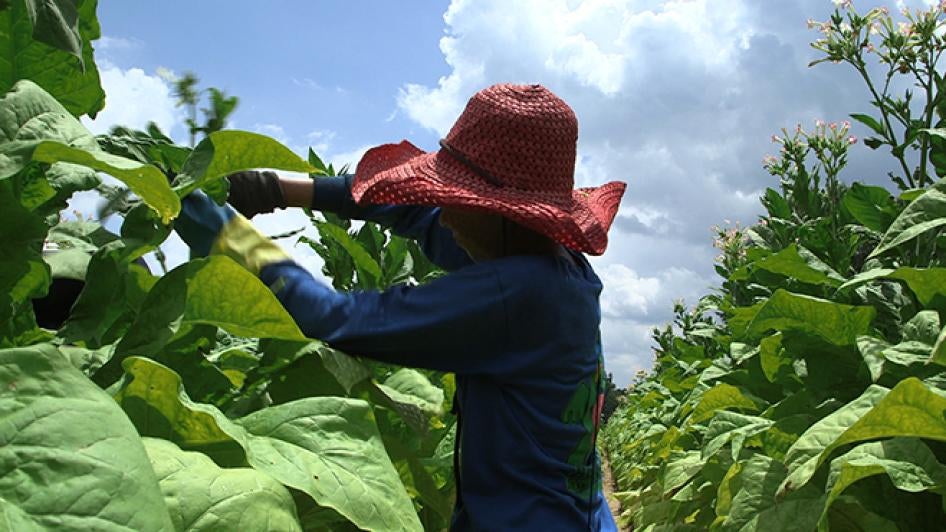A devastating new investigation by the New York Times found migrant children across the United States working in dangerous jobs in violation of US child labor laws.
There is more to this story. A group of often-overlooked US child workers – those working in agriculture – regularly risk their health and lives in dangerous jobs. But their backbreaking work rarely violates child labor laws because they lack basic protections given to other child workers.
Child farmworkers often work 10 or 12 hours a day in grueling conditions, exposed to pesticides, extreme heat, heavy machinery, and other dangers. Many start working at age 12 or 13 to help their families make ends meet.
Agriculture is the deadliest sector for child workers in the US; thousands are injured on farms every year.
But under US labor law, children as young as 12 can work unlimited hours on farms of any size with parental permission, as long as they do not miss school. Once 16, child farmworkers can do work considered hazardous, compared to 18 for other sectors.
The roots of these agricultural exemptions is ugly and racist. In adopting the Fair Labor Standards Act in 1938, Congress excluded agricultural workers to deny Black people opportunities for economic freedom. Harmful carveouts remain and continue to have racist impacts – with Latinx children and families bearing the burden.
In addition, outdated and narrow regulations for hazardous work in agriculture leave child farmworkers unprotected. The US Secretary of Labor has the authority to determine which jobs are prohibited for children under 16 in agriculture. The hazardous work list for agriculture has not been updated since 1970.
The Times reporting shows even strong laws cannot protect children from harm without adequate social protection to meet children’s basic needs, and strong enforcement to hold employers accountable. In response to the investigation, the US Department of Labor committed to stepping up strategic enforcement of labor law.
But without changes to US law and regulations, additional enforcement isn’t enough. If an inspector finds a 12-year-old child working a 12-hour shift cultivating tobacco, there is currently no child labor violation to report.
Congress should urgently pass legislation to close the gaps in US labor law, and the Department of Labor should update regulations on hazardous work in agriculture.
Without greater protection, child farmworkers’ health and lives will remain in danger.









